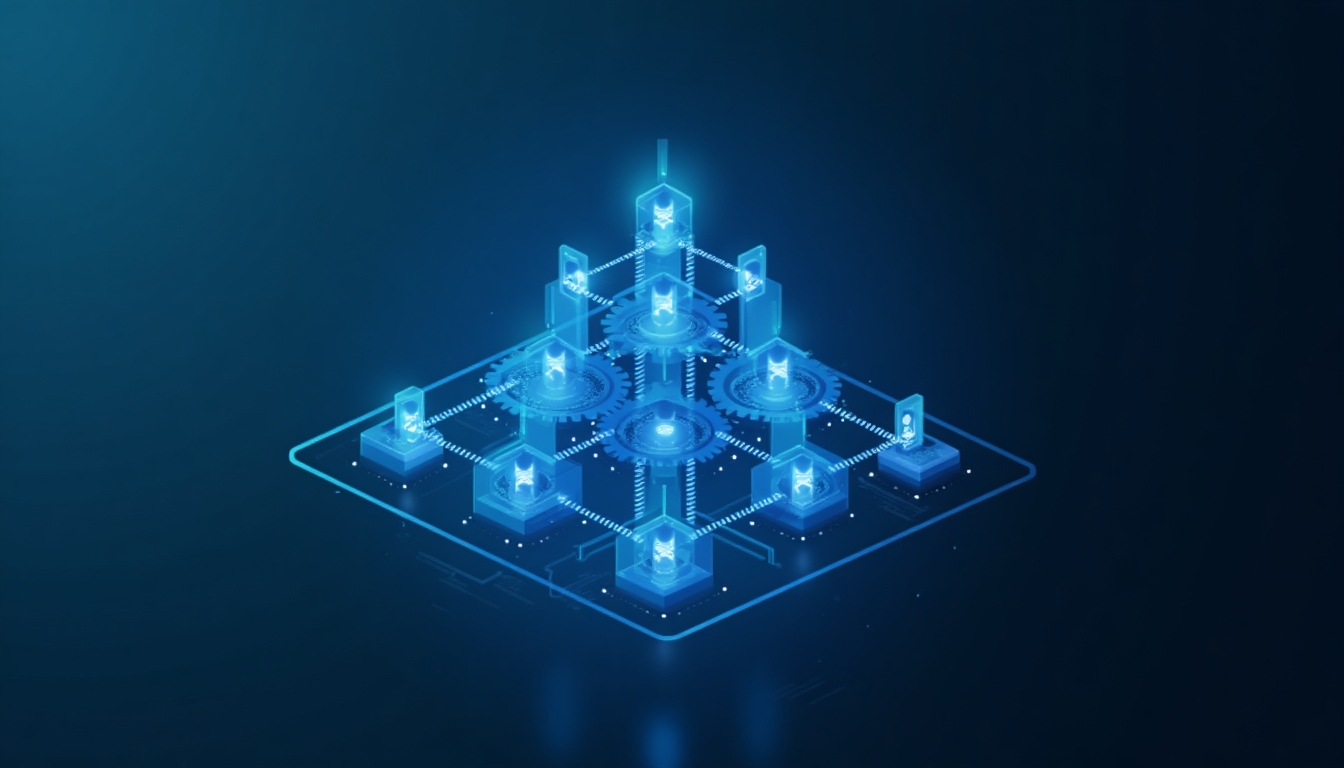Building an MLM (Multi-Level Marketing) software system requires a robust technology stack that can handle complex distribution networks, compensation calculations, and user management.
Core Backend Technologies
- Programming Languages
- Java/Spring Boot
- PHP/Laravel
- Python/Django
- Node.js
Database Solutions
- Primary Databases
- MySQL – For transactional data
- PostgreSQL – Complex queries and calculations
- MongoDB – Flexible document storage
Frontend Technologies
- React.js
- Vue.js
- Angular
- HTML5/CSS3/JavaScript
Essential Features
- Network Management
- Genealogy tracking
- Member hierarchy visualization
- Downline management
- Payment Processing
- Stripe
- PayPal
- Digital wallets
Security Components
- SSL/TLS encryption
- Two-factor authentication
- Role-based access control
Integration Requirements
- REST APIs
- Payment gateways
- Email service providers
- SMS gateways
Hosting and Deployment
- Cloud Platforms
- AWS
- Google Cloud
- Microsoft Azure
A scalable MLM software solution should include automated compensation calculation engines, real-time reporting systems, and secure payment processing capabilities.
| Component | Recommended Technology |
|---|---|
| Backend Framework | Spring Boot/Laravel |
| Database | PostgreSQL |
| Frontend Framework | React.js |
| Cloud Platform | AWS |
Regular security audits and penetration testing should be performed to maintain system integrity and protect user data.
Performance Optimization Tips
- Implement caching mechanisms for frequently accessed data
- Use database indexing for faster queries
- Optimize images and static assets
- Enable content delivery networks (CDN)
Contact reputable MLM software development companies like Epixel or Infinite MLM for custom solutions.
Scalability Considerations
- Infrastructure Scaling
- Load balancers
- Auto-scaling groups
- Distributed caching
- Database Optimization
- Sharding
- Read replicas
- Query optimization
Maintenance and Support
- Monitoring Tools
- New Relic
- Datadog
- Prometheus
- Support Systems
- Ticketing system
- Knowledge base
- Live chat support
Compliance and Regulations
- GDPR compliance
- KYC verification
- Anti-money laundering (AML) checks
- Data protection standards
Testing Strategy
- Testing Types
- Unit testing
- Integration testing
- Load testing
- Security testing
Conclusion
Building a successful MLM software system requires careful consideration of technology choices, scalability requirements, and security measures. The selected stack should support:
- Seamless user experience across devices
- Robust security infrastructure
- Scalable architecture for growing networks
- Efficient compensation calculations
- Comprehensive reporting and analytics
Regular updates, maintenance, and security assessments ensure long-term sustainability and success of the MLM platform.
FAQs
- What is MLM Software and why do businesses need it?
MLM Software is a specialized platform designed to manage multi-level marketing operations, including distributor networks, genealogy tracking, commission calculations, and sales reporting. Businesses need it to automate complex MLM processes, ensure accurate compensation distribution, and maintain compliance with regulations. - What are the essential components of a complete MLM technology stack?
A complete MLM technology stack includes distributor management system, commission engine, e-wallet integration, genealogy tracking, reporting tools, payment gateway integration, inventory management, replicated websites, and mobile applications. - How does MLM software handle compensation plan calculations?
MLM software uses advanced algorithms to process various compensation plans including Binary, Matrix, Unilevel, and Hybrid plans. It automatically calculates commissions based on predefined rules, considers multiple levels of distributors, and manages bonus distributions. - What security measures are implemented in MLM software solutions?
MLM software implements SSL encryption, two-factor authentication, role-based access control, data encryption at rest, secure payment gateways, audit trails, and regular security updates to protect sensitive business and user data. - Can MLM software integrate with existing business systems?
Yes, modern MLM software solutions offer API integration capabilities with CRM systems, accounting software, e-commerce platforms, payment processors, and inventory management systems through REST APIs and web services. - What reporting and analytics features are available in MLM software?
MLM software provides real-time analytics dashboards, sales reports, network growth metrics, commission statements, inventory reports, distributor performance tracking, and customizable report generators for business intelligence. - How does MLM software handle international operations?
MLM software supports multiple currencies, languages, time zones, and tax regulations. It includes features for currency conversion, localized content, regional compliance management, and international payment processing. - What mobile capabilities are included in modern MLM software?
Modern MLM software includes mobile apps for distributors, mobile-responsive websites, real-time notifications, mobile payment processing, team management tools, and on-the-go access to genealogy and commission data. - How does MLM software ensure regulatory compliance?
MLM software includes built-in compliance tools for tracking income claims, maintaining transparent compensation records, generating required legal documentation, and adhering to regional MLM regulations and data protection laws. - What maintenance and support services come with MLM software?
MLM software typically includes regular system updates, technical support, data backup services, performance monitoring, bug fixes, security patches, and optional customization services.








